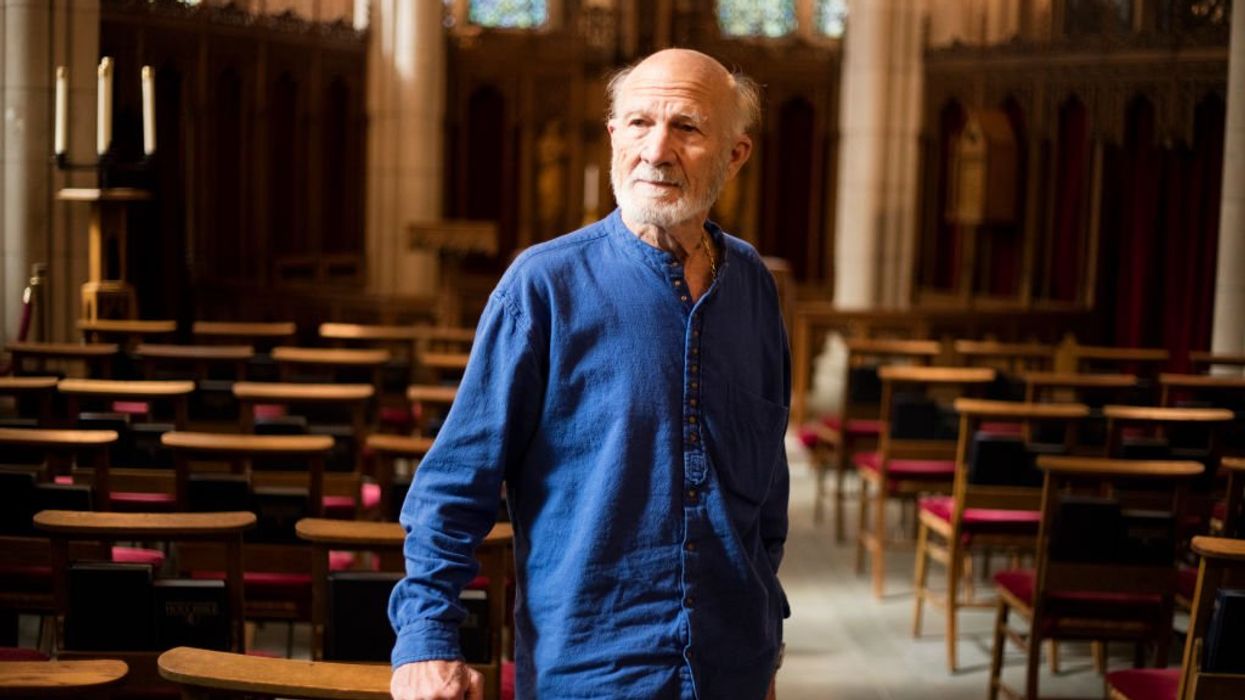The White House will be promoting collective bargaining this fall, announcing the “Worker Voice Summit” scheduled for Oct. 7.
“The labor movement has long served as a powerful force for ensuring that workers’ voices are heard and, as a result, for growing and strengthening the middle class,” said a White House press release. “As we work to continue to address economic inequality, and as we adapt to the challenges and opportunities presented by our changing workforce, the Summit on Worker Voice will look to energize a new generation of Americans to come together and recognize the potential power of their voice at work.”
 AFL-CIO President Richard Trumka leaves after a meeting with U.S. President Barack Obama at the White House February 5, 2013 in Washington, DC. Obama was meeting with labor leaders to discuss issues including immigration reform, economy, and deficit reduction. (Photo by Alex Wong/Getty Images)
AFL-CIO President Richard Trumka leaves after a meeting with U.S. President Barack Obama at the White House February 5, 2013 in Washington, DC. Obama was meeting with labor leaders to discuss issues including immigration reform, economy, and deficit reduction. (Photo by Alex Wong/Getty Images)
Various organized labor organizations have given generously to Democratic candidates and super PACs over the decades. For example, the PAC for the AFL-CIO, among the nation’s largest labor organization, contributed $1.7 million to Democratic candidates I 2008 and another $347,000 on Democratic candidates in 2012, according to the Center for Responsive Politics.
The White House said the focus be to “highlight the value of collective bargaining,” “examine challenges facing workers trying to organize in the 21st century,” “bring attention to new, innovative ways that workers are coming together to have a voice in their workplaces,” and “engage employers who are collaborating with their workers to create meaningful partnerships that are good for workers and businesses."
Labor Secretary Thomas Perez said union membership could mean an extra $200 per week for the average worker.
“There's an inverse relationship between union membership and the size of the gap between rich and poor,” Perez said in a statement. “As the number of workers choosing to be represented by unions increased in the middle of the 20th century, the share of income going to the wealthiest 10 percent declined and prosperity was broadly shared. But as union membership has steadily fallen in recent decades, the share of income going to the top 10 percent has steadily climbed.”




